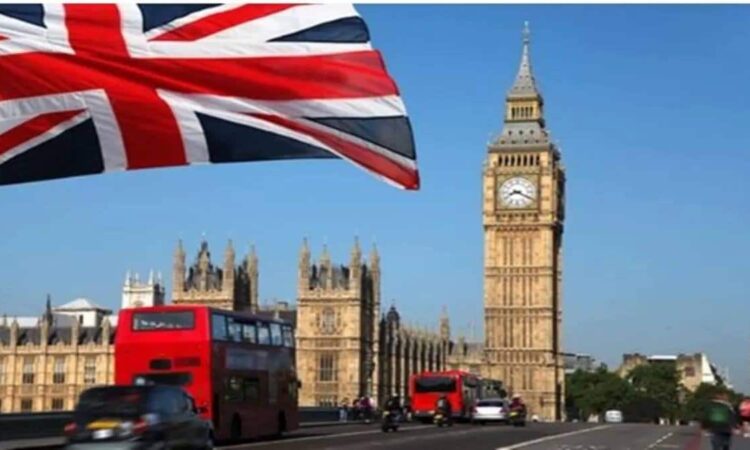
By Yash Dubal
“Multiculturalism in the UK has failed.” This was the controversial announcement made by British Home Secretary, Suella Braverman, during a recent speech in the US in which she spoke of ‘an existential challenge for the political and cultural institutions of the West’ and declared that the ‘misguided dogma of multiculturalism’ has allowed people to come to Britain with the aim of ‘undermining the stability and threatening the security of society’.
Mrs Braverman’s parents are of Indian origin and immigrated to Britain in the 1960s from Mauritius and Kenya. She holds one of Britain’s great positions of state, and serves under Rishi Sunak, the son of Indian migrants.
Mrs Braverman took over the portfolio from the previous incumbent, Preeti Patel, also of Indian origin. So, while, as some commentators have noted, multiculturalism worked very well for Mrs Braverman and her colleagues in the past, there now appears to be issues with diversity in the UK, particularly with some politicians, not least Mrs Braverman.
She was back on familiar ground at the UK Conservative Party conference; the annual get-together for the UK government’s ruling party, where delegates get to make speeches, announce policy and network.
This year, perhaps because the party is fighting for its political life
Mrs Braverman cemented her position as a prime contender for votes from the right of the party with a contentious speech in which she berated the immigration policy her department is in control of.
She warned of a “hurricane” of “millions” of migrants coming to Britain and admitted that successive Conservative governments had failed to manage immigration for fear of being branded racist. She was highly critical of British human rights law which she said was being used to stop the government managing illegal migration and deporting foreign criminals.
She said the future “could bring millions more migrants to these shores, uncontrolled and unmanageable, unless the government they elect next year acts decisively to stop that”. She said there were “far more people in poorer countries who would love to move to Britain than could ever be accommodated”.
“The wind of change that carried my own parents across the globe in the 20th century was a mere gust compared to the hurricane that is coming,” she added portentously.
She accused previous Conservative Party administrations of failing to get to grips with legal and illegal migration.
When it comes to the subject of immigration, Mrs Braverman certainly does not mince her words and has a reputation in the UK for causing controversy.
For many readers on the outside of British society looking in, this crusade against the very system that has provided opportunity for personal success for several of the UK’s top politicians probably appears somewhat counterintuitive.
After all, the UK cabinet is very diverse and includes Claire Courtinho, whose parents are of Goan descent, James Cleverly, whose mother is from Sierra Leone and Kemi Badenoch, who is of Nigerian descent.
Allow me to provide some context. Currently the Conservative party is divided between those to the centre of the political spectrum and those on the right. Next year there will be a General Election in the UK and at present it is expected the Conservatives will lose power. If they do, it’s also likely Rishi Sunak will be removed as leader of the Party. Mrs Braverman’s speech is part of her strategy to apply for that vacancy by appealing to MPs on the right and choosing the issues that resonate most acutely with them. Immigration is high on the list as there are those who feel it is too high in the UK.
The problem with all this, however, is the damage it does to the UK internationally. Anyone from abroad reading the details of her speech could be forgiven for thinking Britain is anti-migration. Parts of the country are, this is true, but in general the UK is a welcoming place, full of opportunity for those who qualify to come here and who want to work hard and make a better life.
For UK and India
Free trade negotiations between the UK and India are currently progressing and are at a sensitive stage. Migration and the movement of people has long been one of the key sticking points of the talks. India would like an easier movement for its citizens.
The UK, while remaining a very popular destination for Indian nationals, is not so keen on unfettered movement between the two countries. It is a fine balance. Mrs Braverman’s comments no doubt do little to make negotiations over this sensitive policy area any easier.
Meanwhile, Britain needs workers and doesn’t have enough domestic manpower to do the jobs
(The author is the Director & a Senior Immigration Associate at A Y & J Solicitors, London, United Kingdom and the views expressed are his own)






